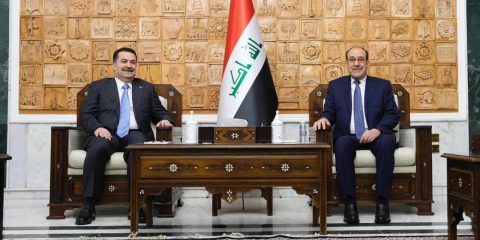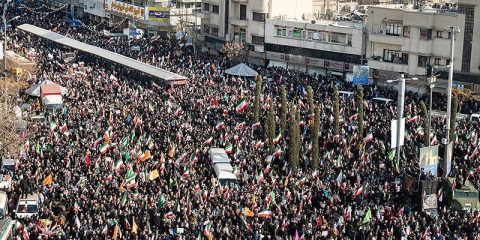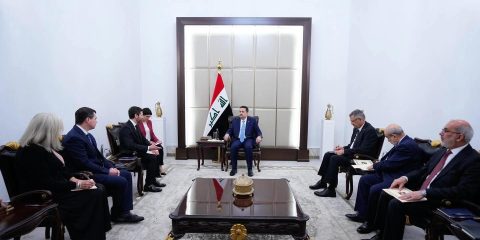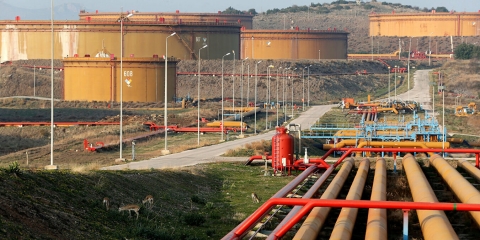Analysis: Iraqi elections approach, with high stakes for energy sector
Political insiders weigh in on potential election outcomes and their implications for the country’s investment climate.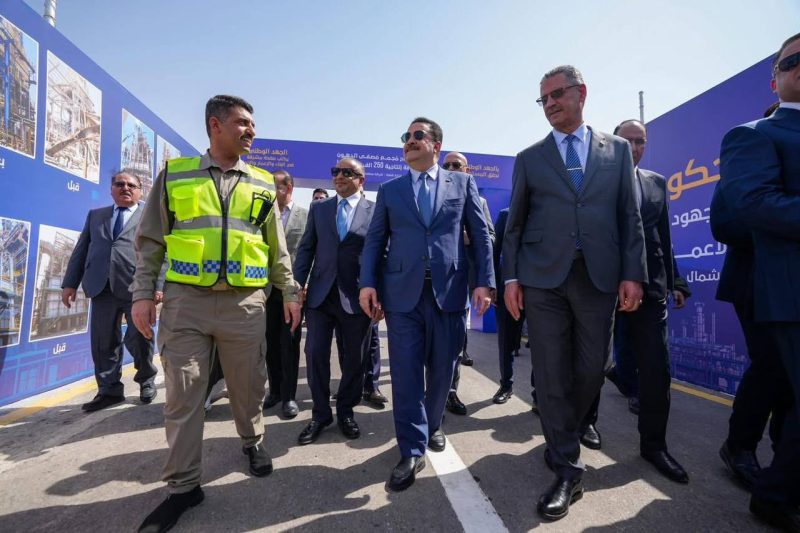
BAGHDAD - As Iraq approaches national elections on Nov. 11, political observers are anticipating a new government with familiar faces but potentially reshuffled leadership, creating both opportunities and risks for the country's energy sector as political parties maneuver for control of lucrative positions.
In a contrast to previous elections in the past decade, political leaders from a variety of parties say they expect the composition of the next government to resemble the current coalition, which is anchored by an array of Shia Islamist parties allied under the Coordination Framework (CF), and also includes Sunni Arab parties and Iraqi Kurdistan’s two ruling parties.
Login to your account
Subscribe for news access
Annual News subscribers receive access to the full archive of Iraq Oil Report articles.

